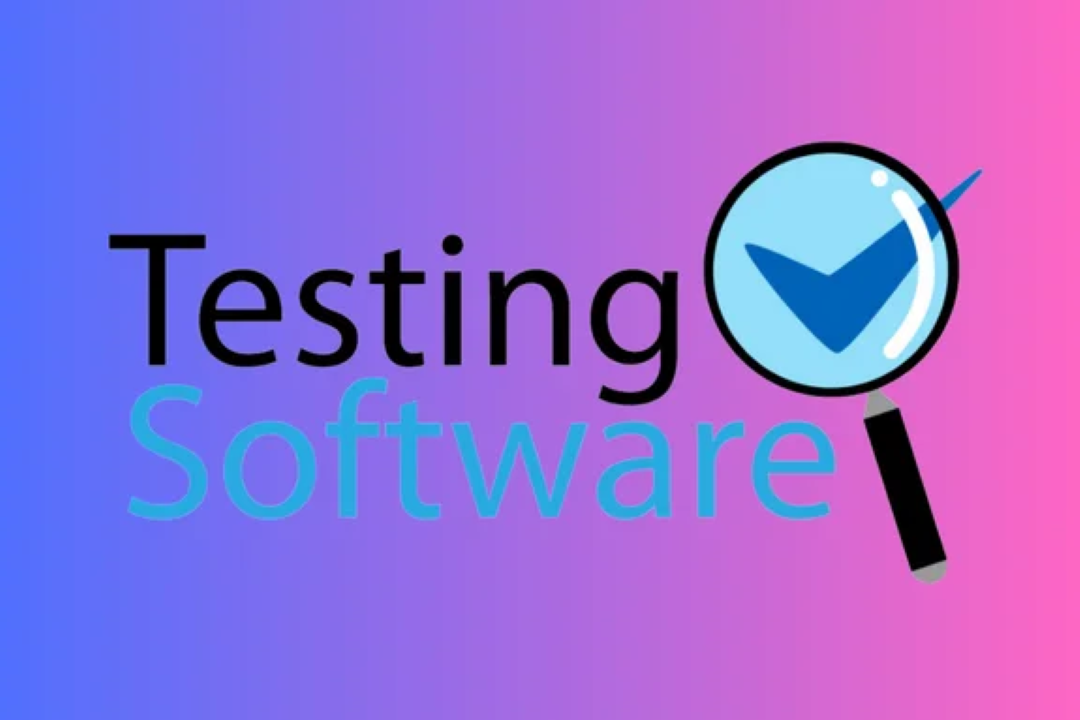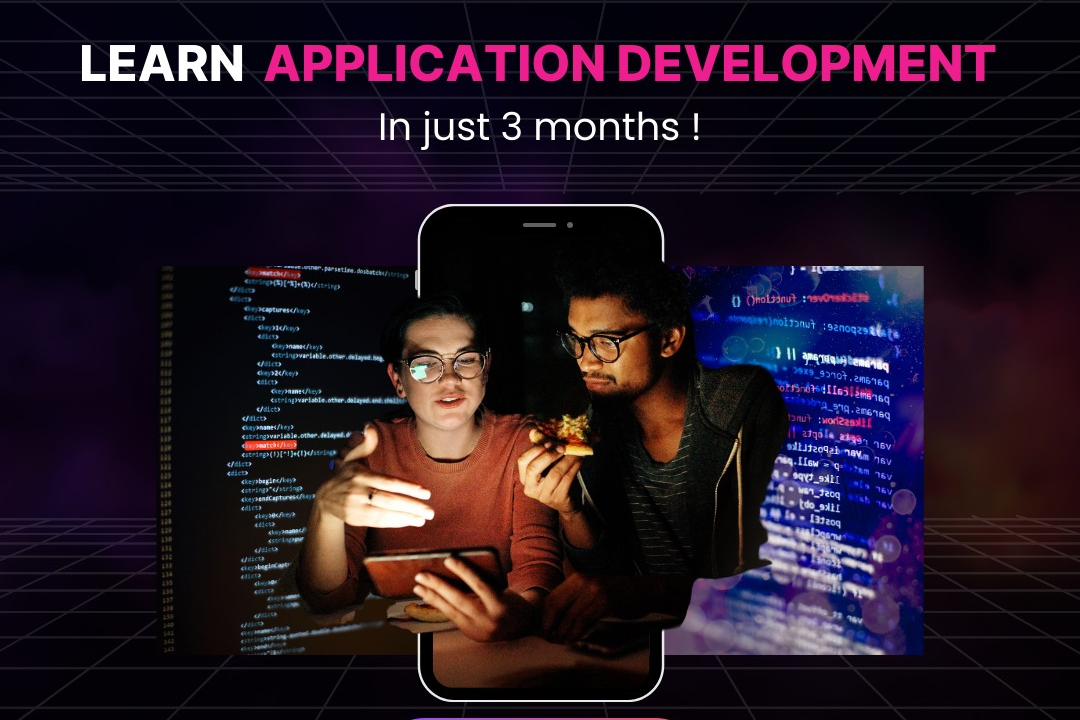Manual Testing Learning Schedule for Beginners
A manual testing learning schedule for beginners is a structured timeline that outlines the key topi
Manual Testing Learning Schedule for Beginners
A manual testing learning schedule for beginners is an essential roadmap that outlines the foundational concepts and practical skills necessary for entering the field of software testing. By providing a structured approach to learning, it helps newcomers systematically acquire knowledge about testing methodologies, tools, and best practices. This schedule typically incorporates hands-on projects and real-life scenarios, allowing learners to apply their skills in a practical context. As a result, it not only enhances understanding but also boosts confidence, ensuring that beginners are well-prepared to tackle challenges in the quality assurance landscape and make meaningful contributions to their teams.
To Download Our Brochure: https://www.justacademy.co/download-brochure-for-free
Message us for more information: +91 9987184296
A manual testing learning schedule for beginners is an essential roadmap that outlines the foundational concepts and practical skills necessary for entering the field of software testing. By providing a structured approach to learning, it helps newcomers systematically acquire knowledge about testing methodologies, tools, and best practices. This schedule typically incorporates hands on projects and real life scenarios, allowing learners to apply their skills in a practical context. As a result, it not only enhances understanding but also boosts confidence, ensuring that beginners are well prepared to tackle challenges in the quality assurance landscape and make meaningful contributions to their teams.
Course Overview
The “Manual Testing Learning Schedule for Beginners” course is designed to equip aspiring quality assurance professionals with essential testing skills and methodologies. Participants will explore fundamental concepts such as software development life cycles, test planning, test case creation, and defect tracking. Through a series of structured lessons, hands-on projects, and real-world scenarios, learners will gain practical experience in identifying bugs and ensuring software quality. This comprehensive curriculum fosters a deep understanding of manual testing principles, empowering students to confidently enter the field of software testing and contribute to effective quality assurance processes.
Course Description
The “Manual Testing Learning Schedule for Beginners” course provides an introductory overview of manual testing principles and practices, enabling students to understand the critical role of quality assurance in software development. Participants will learn essential concepts such as the software development life cycle, test planning, test case design, and defect management. Through interactive sessions and real-time projects, learners will develop practical skills in identifying, documenting, and resolving software defects, fostering a strong foundation for a successful career in manual testing. By the end of the course, students will be well-prepared to contribute effectively to testing teams and ensure the delivery of high-quality software products.
Key Features
1 - Comprehensive Tool Coverage: Provides hands-on training with a range of industry-standard testing tools, including Selenium, JIRA, LoadRunner, and TestRail.
2) Practical Exercises: Features real-world exercises and case studies to apply tools in various testing scenarios.
3) Interactive Learning: Includes interactive sessions with industry experts for personalized feedback and guidance.
4) Detailed Tutorials: Offers extensive tutorials and documentation on tool functionalities and best practices.
5) Advanced Techniques: Covers both fundamental and advanced techniques for using testing tools effectively.
6) Data Visualization: Integrates tools for visualizing test metrics and results, enhancing data interpretation and decision-making.
7) Tool Integration: Teaches how to integrate testing tools into the software development lifecycle for streamlined workflows.
8) Project-Based Learning: Focuses on project-based learning to build practical skills and create a portfolio of completed tasks.
9) Career Support: Provides resources and support for applying learned skills to real-world job scenarios, including resume building and interview preparation.
10) Up-to-Date Content: Ensures that course materials reflect the latest industry standards and tool updates.
Benefits of taking our course
Functional Tools
1 - JIRA
JIRA is a popular project management tool widely used for tracking issues and bugs during the software development process. In the manual testing training program, students will learn how to create and manage test cases, log defects, and communicate with development teams using JIRA. The comprehensive reporting and tracking capabilities of JIRA allow testers to prioritize bugs, track progress, and ensure timely resolutions, enhancing collaboration within Agile teams.
2) TestRail
TestRail is a test case management tool that provides a structured environment for managing test cases and test runs. Students will be introduced to creating, organizing, and executing test cases while tracking their results in the TestRail interface. The intuitive dashboard and reporting features enable testers to gain insights into test progress, coverage, and quality metrics, which are essential for effective project management and decision making.
3) Bugzilla
Bugzilla is an open source issue tracking system that plays a significant role in the manual testing process. In the training program, students will learn how to report bugs, customize bug reports, and understand the workflow associated with resolving issues. Utilizing Bugzilla allows testers to maintain an organized record of defects and track their life cycles, ultimately contributing to improved software quality.
4) Postman
Postman is a powerful tool for API testing, which is increasingly relevant in manual testing scenarios. Students will gain hands on experience in creating and sending API requests, validating responses, and analyzing results. Practical familiarity with Postman equips testers with the skills to verify the functionality and performance of APIs, ensuring seamless integration within the overall software application.
5) Selenium (with Focus on Manual Testing Applications)
While Selenium is primarily known for automation testing, it also offers valuable insights for manual testers. The course will cover how manual testers can benefit from understanding Selenium scripts to improve testing strategies and communication with automation teams. By familiarizing students with Selenium, they will develop a holistic understanding of the testing process, setting the stage for potential career advancement into automation testing.
6) QTest
QTest is another test management tool that facilitates effective collaboration between testers, developers, and stakeholders. In the course, students will learn how to manage test cases, document test execution, and analyze test results using QTest. Its comprehensive reporting capabilities enhance visibility into project status, allowing teams to make informed decisions regarding quality assurance.
7) Excel
Many testing teams still rely on Excel for managing test cases and tracking defects due to its flexibility and accessibility. In the manual testing training program, students will learn how to create test case templates, log bug reports, and use formulae for tracking test execution metrics. Mastery of Excel equips learners with essential skills that remain relevant in many testing environments, providing a solid foundation for managing testing activities.
8) Cucumber
Cucumber is a tool that supports Behavior Driven Development (BDD), allowing teams to write tests in a human readable format. For manual testers, understanding the principles of BDD can enhance collaboration with stakeholders and developers. The course will introduce students to writing specifications in Gherkin syntax, bridging the gap between technical and non technical team members while ensuring that testing aligns with business requirements.
9) Confluence
Confluence is a collaboration tool often used alongside project management and testing tools. During the training, students will learn how to document test cases, test plans, and meeting notes within Confluence. This fosters transparency and facilitates communication across teams, making it easier to manage documentation and access critical information during the testing lifecycle.
10) JMeter
Apache JMeter is primarily a performance testing tool, but it provides valuable insights for manual testers. In the training program, students will explore how to use JMeter for functional API testing. Understanding performance metrics helps testers identify potential bottlenecks or issues in applications, establishing a foundation for comprehensive test strategies.
11 - SOAP UI
SOAP UI is a tool specifically designed for testing web services and APIs. Manual testers will learn how to create and execute functional tests for SOAP and RESTful services, enabling them to validate the back end processes of applications. Mastering SOAP UI ensures that testers can contribute effectively to the overall quality assurance of applications with significant API components.
12) Mind Mapping Tools (like XMind or MindMeister)
Mind mapping tools assist in brainstorming and organizing testing strategies. In this program, students will learn how to utilize mind maps for structuring test plans, identifying test coverage, and visualizing workflows. These tools enhance the creative process, support collaborative planning, and provide a visual representation of complex testing scenarios.
13) Slack for Communication
Effective communication is essential in manual testing. Slack, as a communication platform, can be integrated into the daily workflow of testing teams. During the course, students will explore best practices for using Slack to communicate test results, report issues, and collaborate with team members in real time, ensuring that everyone stays aligned throughout the testing process.
14) Performance Testing Tools (like LoadRunner)
While LoadRunner is primarily known for performance testing, understanding its functions can be beneficial for manual testers. Students will gain insights into how performance testing overlaps with manual testing and how to identify test scenarios that may require performance evaluation. This knowledge encourages a more holistic approach to quality assurance.
15) Git/GitHub for Version Control
Though primarily used in development, Git and GitHub play a crucial role in version control for test scripts and documentation. In the training course, students will learn foundational concepts of version control, enabling them to manage test artifacts efficiently. Familiarity with Git ensures that testers can track changes, collaborate with teams, and revert to previous versions of documentation or test cases when necessary.
16) Google Analytics
For testers involved in web applications, understanding user behavior through tools like Google Analytics can provide critical context for testing. In this training program, students will learn how to analyze user flow, funnel analysis, and conversion tracking, allowing them to design effective test cases that address real user scenarios and improve user experience.
17) Accessibility Testing Tools (like Axe or Wave)
In today’s digital landscape, ensuring that applications are accessible to all users is paramount. Students will be introduced to accessibility testing tools that help identify issues in usability for individuals with disabilities. Recognizing and validating accessibility requirements will enable testers to contribute to creating inclusive software solutions.
By incorporating these additional points into the manual testing training program, JustAcademy aims to provide a comprehensive and nuanced education that prepares students for various challenges they may face in the QA landscape.
Browse our course links : https://www.justacademy.co/all-courses
To Join our FREE DEMO Session:
This information is sourced from JustAcademy
Contact Info:
Roshan Chaturvedi
Message us on Whatsapp: +91 9987184296
Email id: info@justacademy.co












